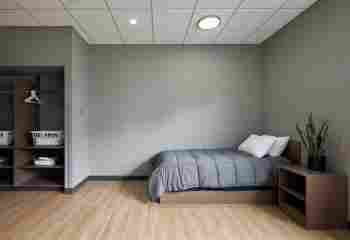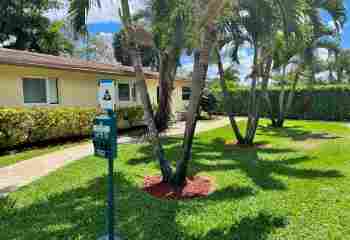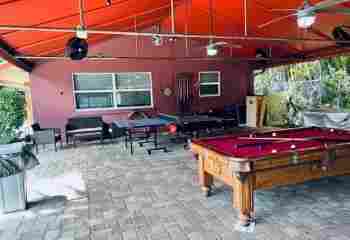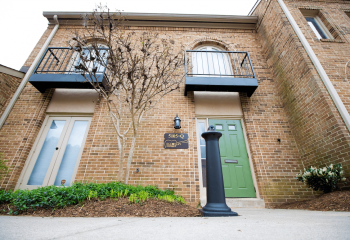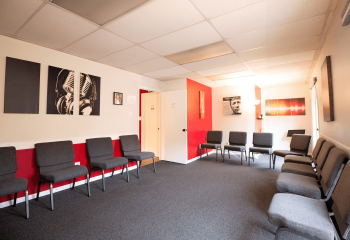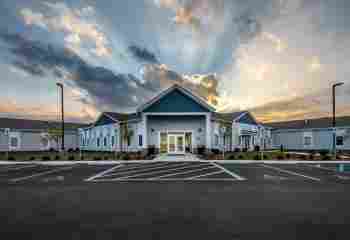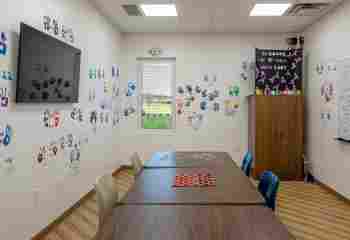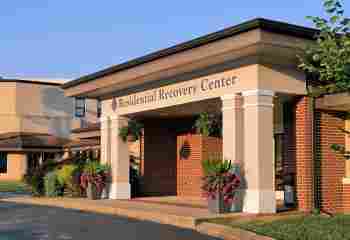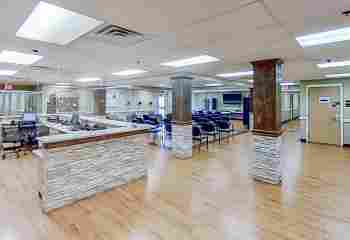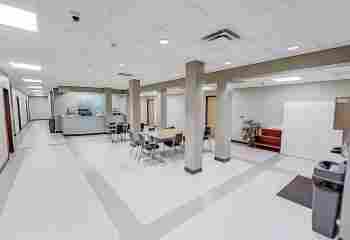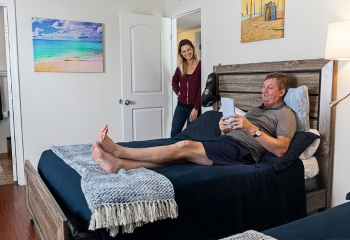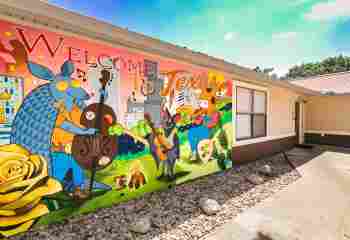More About Chronic Relapse Treatment Centers
Substance and alcohol addictions are defined as “chronic relapsing disorders”, yet some can stop using without ever relapsing. For many others, however, relapses are part of their journey toward full recovery. Rather than a sign of failure, they're a part of the recovery process. That's normal and okay.
You may need chronic relapse treatment if you find yourself consistently relapsing despite your best efforts. Chronic relapse treatment works to identify the underlying causes of your relapses and the thoughts and emotions that fuel them. It also aims to strengthen your coping skills and relapse prevention strategies.
Being surrounded by people who still drink or use drugs can make it difficult to maintain sobriety. Similarly, stressful situations, jobs, and trauma can also trigger a relapse. Chronic relapsing can significantly hinder your attempts to stay sober if left unaddressed. As much as you can, try to modify or remove yourself from these situations to safeguard against relapse.
What Are The Signs of Chronic Relapse?
Chronic relapse occurs when you cannot maintain long-term sobriety and continually relapse or return to addictive behaviors. Feelings of profound hopelessness and helplessness often accompany chronic relapse. Without professional help, it can be difficult to overcome.
Here are some of the signs of chronic relapse:
- Increasingly frequent use of alcohol or drugs
- An inability to control how much and how often you use drugs or alcohol
- Repeatedly returning to the same type of substance abuse
- Continued use despite negative consequences
- Neglecting responsibilities and relationships
- Withdrawal symptoms when not using the substance
- Isolation from friends and family
- Lying or making excuses to cover up substance use
- Loss of interest in activities that were once enjoyed
Do Rehabs Treat Chronic Relapse?
Yes, many centers focus specifically on treating addiction, including chronic relapsing. Many other rehab centers treat co-occurring mental health disorders like depression alongside substance use disorders. You can attend several levels of treatment for chronic relapse. These include:
- Outpatient, where you meet once or twice a week with others in treatment and your care provider.
- Intensive outpatient, where you meet 3-5 times a week for several hours for more intensive care.
- Partial hospitalization, where you meet 5-7 times a week for a full day, or most of one.
- Residential, where you live in a rehab center for 28+ days and engage in treatment with a community of peers and treatment providers.
- Inpatient, where you live in a treatment center or hospital and receive 24/7 monitoring. If you need to detox, inpatient provides a safe, intensive space.
In each level of care, you'll likely receive 1-1 therapy with a therapist and participate in group therapy. The exact type of therapies used will vary based on your symptoms, medical history, age, and more. You can expect to engage in one or more types of evidence-based therapy throughout your treatment.
Treatment for Chronic Relapse
At a rehab for chronic relapse, you'll dissect the emotions and thought patterns behind your relapses.
You'll focus specifically on relapse during your various therapy sessions. You'll learn what drives relapses and how to manage cravings. By identifying the emotions, people, and places that trigger you, you'll learn how to get back on your feet if a relapse happens again.
Peer support groups connect you to a sober support system, encouragement, and good role models. Those aspects can help you maintain sobriety and avoid relapses.
Groups like Alcoholics Anonymous (AA), Narcotics Anonymous (NA), and secular (non-12-Step) groups can provide those benefits and more.
What Therapies Are Used to Treat Chronic Relapse?
You'll engage in therapies your treatment team feels will work best for you and your situation. Some examples of therapies for chronic relapses include
- Contingency Management (CM): a behavioral therapy that rewards/reinforces sobriety through vouchers, giftcards, or money received after periods of continuous sobriety. CM can be especially helpful for treating chronic relapse.
- Cognitive Behavioral Therapy (CBT): a form of psychotherapy that encourages you to challenge and change unhelpful thoughts, feelings, and behaviors.
- Interpersonal Therapy (IPT): a short-term form of psychotherapy that helps you identify and address interpersonal issues that may contribute to relapses.
- Dialectical Behavioral Therapy (DBT): an approach that combines elements of CBT and mindfulness to help you become more aware of your thoughts, feelings, and behaviors.
- Medication: some medications can reduce cravings and render certain substances ineffective. Regularly taking anticraving or other medications can help you avoid relapses and stay on your path of sobriety.
Psychiatrists and therapists often use a combination of different therapies depending on the individual patient's needs and unique presentation of chronic relapsing. Psychiatrists may also prescribe medication as an adjunct to therapy. Ultimately, the goal of treatment is to help the patient to develop healthy coping skills and strategies to manage chronic relapses.
Talking to Your Doctor About Chronic Relapse
If you're concerned about chronic relapse, you can bring your concerns to your primary care provider, therapist, or psychologist. Here's what you can keep in mind when you talk about your symptoms:
- How many times you've relapsed
- How much time usually passes between relapses
- What treatments you've tried in your recovery journey
- What treatments or therapies resonated with you most
- What you think causes your relapses, even if it's just a feeling you can pinpoint
Remember, relapses don't mean your effort and past successes were for nothing. It just means you hit a bump on the road. Keep all your positive changes in mind and remind yourself how far you've come and what you can still accomplish.
Can I Use The Family and Medical Leave Act (FMLA) for Chronic Relapse Treatment in The U.S.?
If you've been clinically diagnosed with addiction, then you can receive Family and Medical Leave Act support. The FMLA ensures that you do not lose your job when taking necessary time (up to 12 weeks) off to heal from a serious health condition. This act also guarantees that you retain the same terms of employment that you originally had for your job.
What's provided in your FMLA may vary and has requirements for eligibility. Talk with your Human Resources (HR) department at work or look online for more information on FMLAs.

















